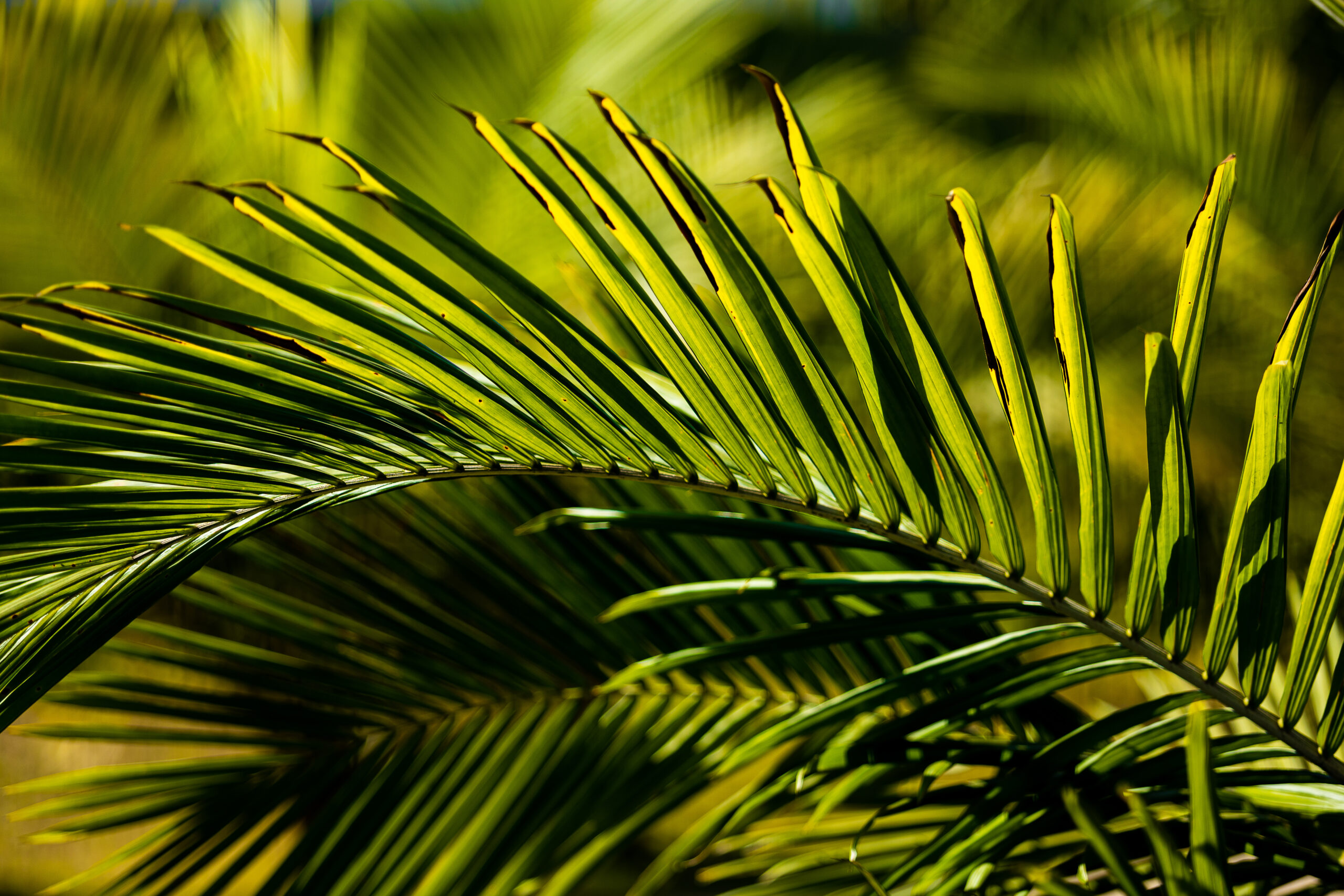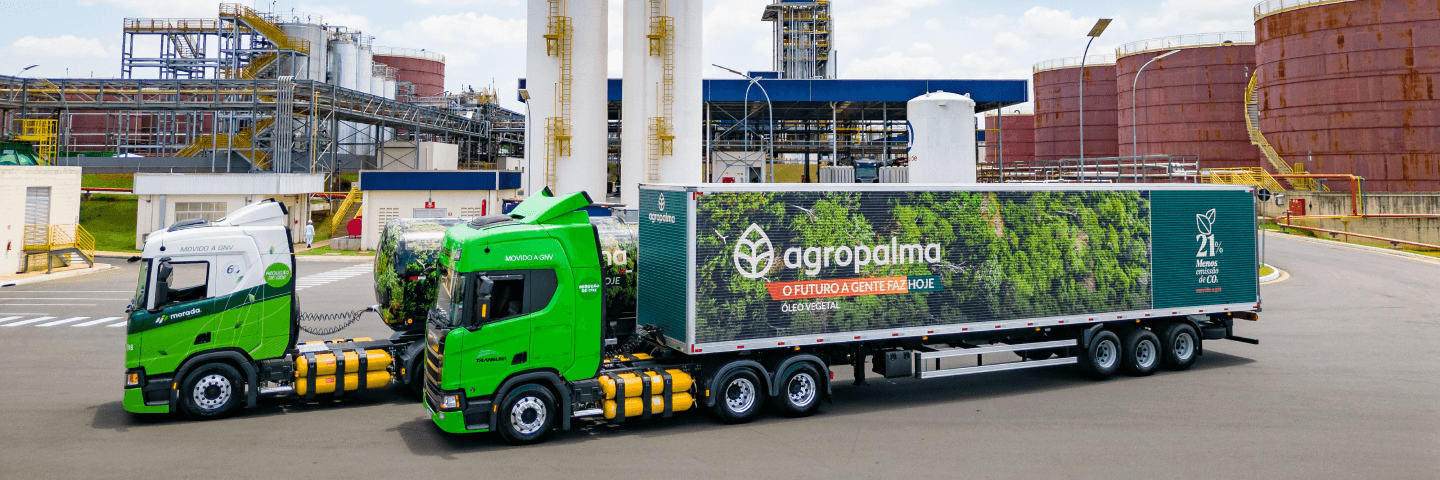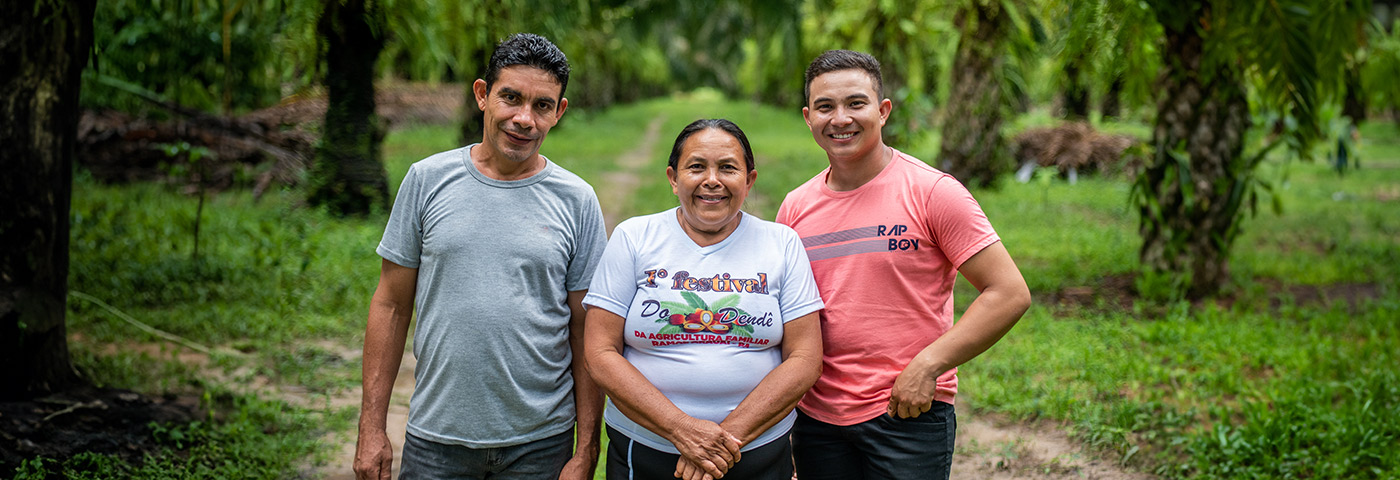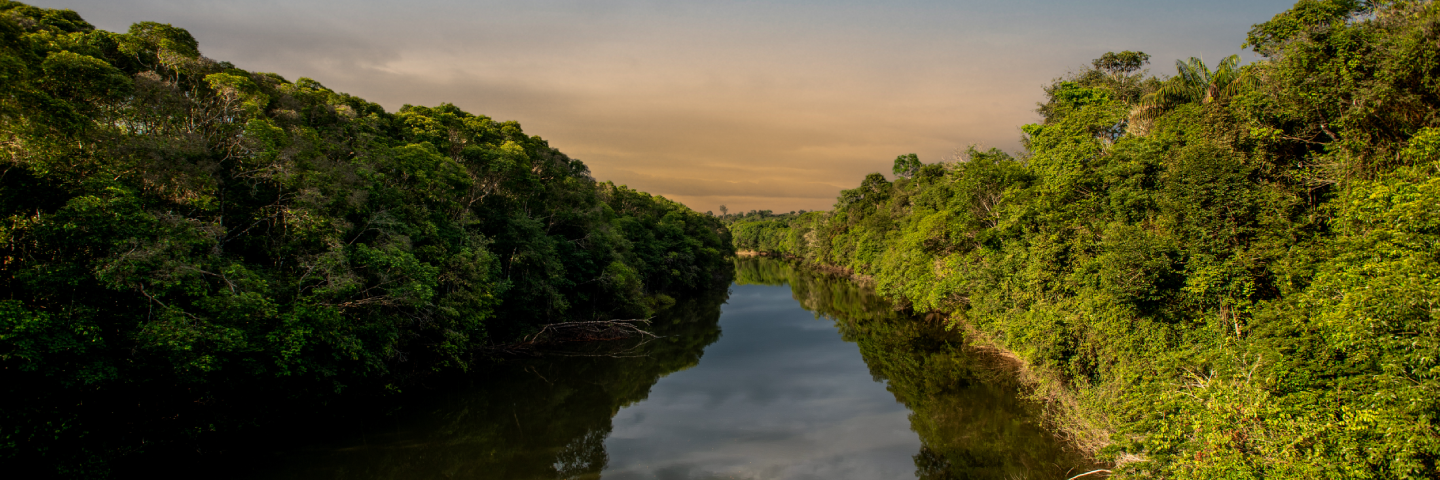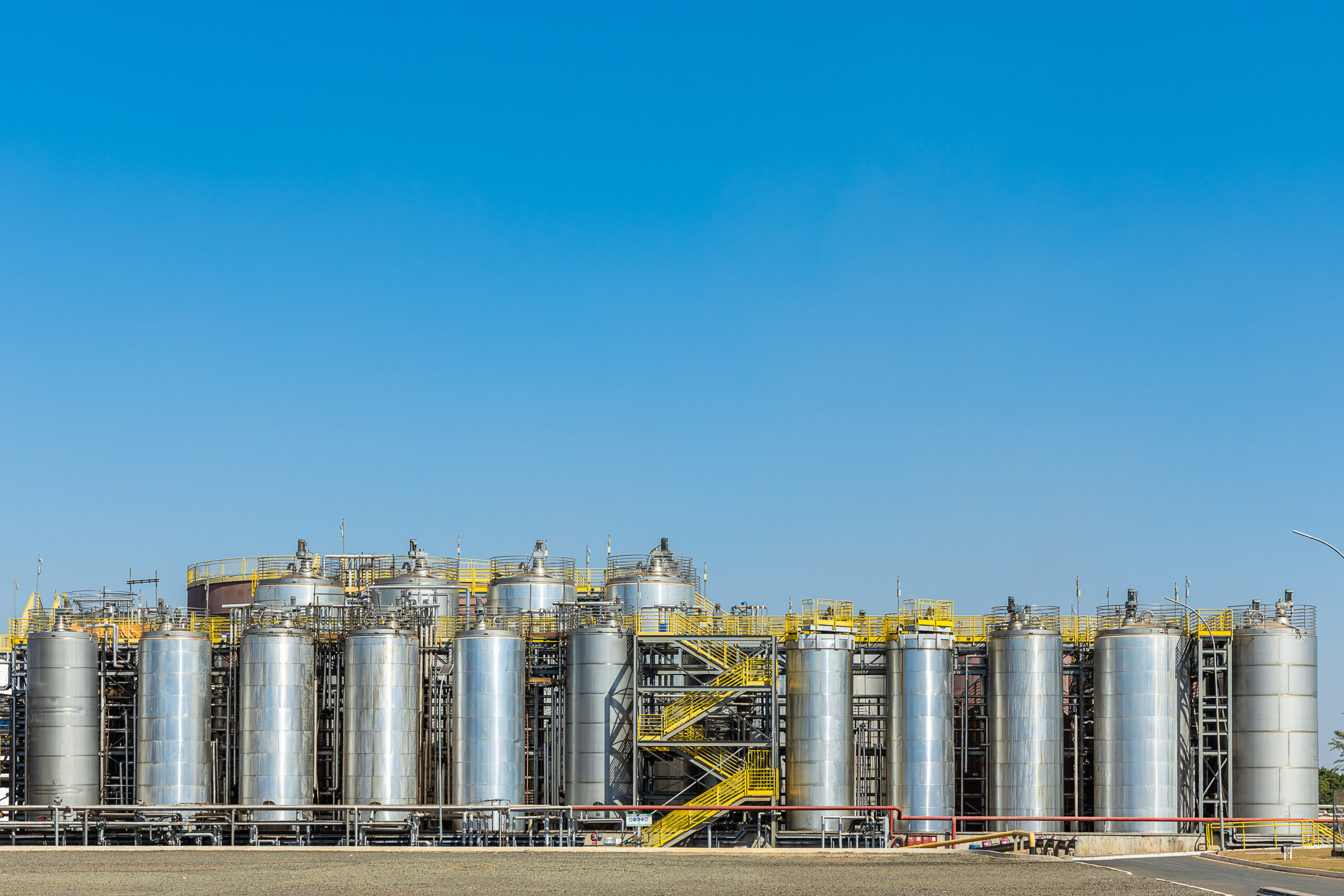Agropalma, benchmark company in sustainable palm oil production, announces increase of company investments in research and innovation, focused on modernizing agricultural practices and increasing productivity. Among these new fronts, 2 million clonal palm seedlings are expected to be produced yearly from 2026. If this goal is reached, cloning shall generate extra revenue to the company around BRL 30 million a year. BRL 18 million were already invested in the clone seedling laboratory, started last year at Agropalma’s industrial complex in Belém (PA), which is expected to increase to BRL 25 million until 2026 – most of it invested in automated greenhouses, where cloned seedlings undergo a gradual acclimation process, from the laboratory’s culture medium to the nursery environment, thus ensuring that the plant adapts successfully. The company’s palm seedling cloning is the result of a decade-long research in partnership with the Federal University of Viçosa (MG). “The main goal of the clonal seedling laboratory is to address the company’s demand for harvest renewal, in addition to reaching about 20% of the Latin American market up to 2026”, states André Borba, Chief Agricultural Officer at Agropalma. “The main strength of our lab is that it works with customized genetics capable of addressing a desired characteristic, such as seedlings with reduced need for fertilizers, tolerance to lower or higher water amounts, or higher productivity.” This movement is strategic for Agropalma, which is aiming at a market potential estimated at 1.5 billion hectares of planted palm in the Latin American continent – that translates to 214 million plants to replace, considering that palm renewal takes around 25 years. “We are talking about 8.5 million palm seedlings for the region, which amounts to 128 million a year in seedling renewal”, Borba calculates. Agropalma’s expectation is that cloned seedlings improve productivity. The company has just delivered the first two test batches in reduced quantity of 520 cloned seedlings and forecasts the 1 million milestone for the next year, to be doubled by 2026, for a total of 2 million plants.
CLONING SUCCESS RATE OVER 60%
The major difference of Agropalma is its cloning success rate achieved through the somatic embryogenesis method, currently over 60%, considerably above market average, which is around 7% – leading to lower costs for company clients. “Our cloned plants have several competitive advantages: they stay six to eight months in nurseries – compared to one year of conventional plants – and harvesting is done after 20 months, compared to the standard 2 years. These advances not only accelerate the production process, but also increase efficiency and profitability”, explains Hugo Santos, Technical Coordinator of Clonal Seedlings Laboratory at Agropalma. According to Borba, cloned plants are one and the same, and all have the same production capacity. “This way, their productivity is higher, reducing exploitation of new areas. This leads to more preservation, ensuring sustainability throughout the process.” Borba highlights that the fertilizer today represents nearly 35% of the palm production cost. Clones consume 18% less potassium, which represents a 10% decrease in total fertilization cost per year. “In this scenario, plants are able to better absorb the fertilizer’s nutrients, thus producing more. In addition, CO2 production also diminishes”, he claims. The cloning work, Borba highlights, starts in plant selection. “This is a very strict process, because the plant is cloned, not the seedling. In other words, we perform selection and cloning with a high success rate at a lower cost.” According to Borba, the company has the required technology to address the production of customized cloned seedlings from other cultures. “We are studying the cloning of plant species such as peach palm, with a potential of 1 million seedlings a year, coconut and açaí, among others, expanding the potential of this business”.
“The main goal of the clonal seedling laboratory is to address the company’s demand for harvest renewal, in addition to reaching about 20% of the Latin American market up to 2026”. André Borba, Chief Agricultural Officer at Agropalma.
PHASES OF THE CLONING PROCESS
First phase (induction): samples of plant tissue are taken, making a cell group multiply and form cell masses. After growth, pro-embryogenic masses are separated. The entire process is performed in a dark environment and lasts 6 to 12 months. Second phase (regeneration): transformation of pre-embryonic masses into an actual embryo – in this case, the seed. The process takes approximately two months. Third phase (multiplication): the mass that generates embryos is separated and multiplied. Fourth phase (germination): in this phase, the plant fully germinates. It consists of two 45-day cycles. Fifth phase (elongation and rooting): the plant stays in a lit environment with provision of nutrients. Sixth and last phase (Acclimatization): In a greenhouse environment, the plant is adapted to nursery environmental conditions. “After the first five phases, already out of the laboratory, plants are transported to our nursery in Tailândia (PA). There they will be monitored by technicians for 15 to 30 days, which will evaluate how they behave outside a laboratory environment”, explains Santos.
Source: O Liberal (11/13/2024)
 Back
Back


